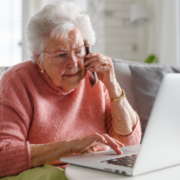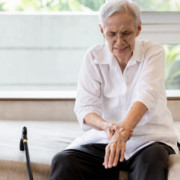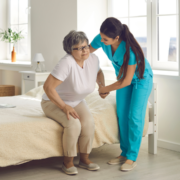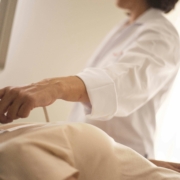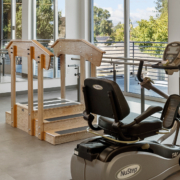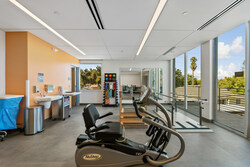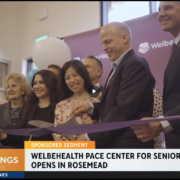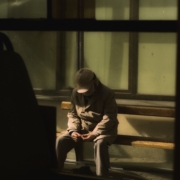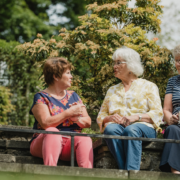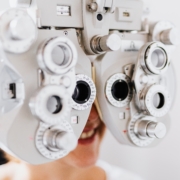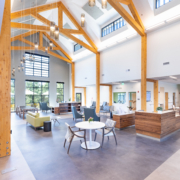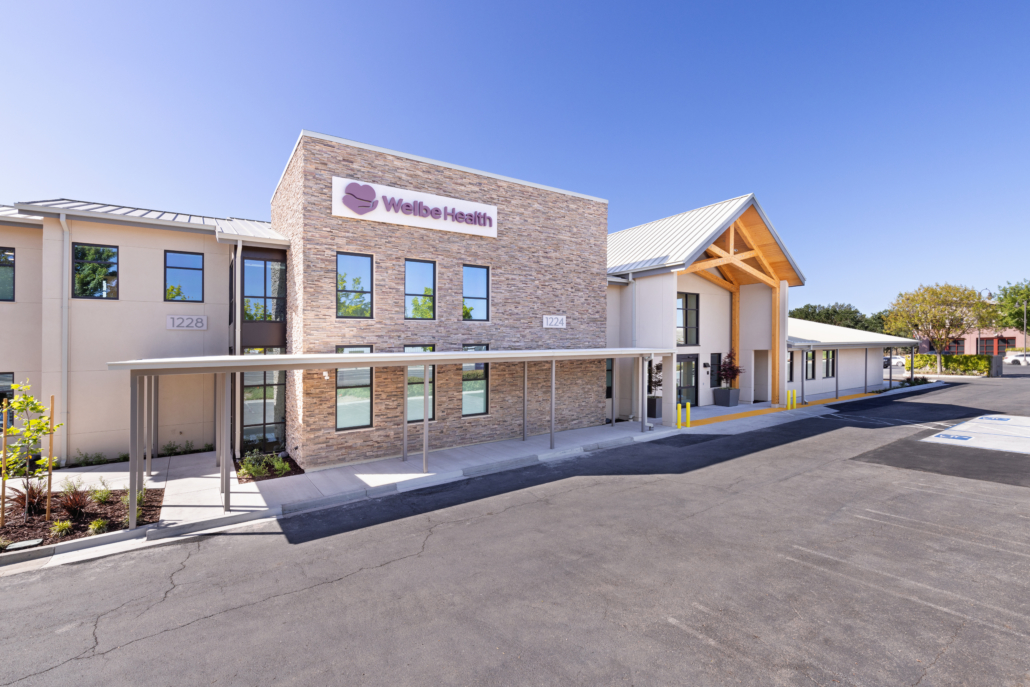Online Safety for Seniors: Protect Yourself from Scams and Online Threats
In today’s digital world, seniors are more connected than ever before, but with this comes the risk of online scams and threats. It’s important for older adults to know common ways they are targeted by scammers so they can protect their information.
The Importance of Online Awareness
Staying informed about possible online dangers is important for online safely. By understanding how scammers work, older adults can protect themselves and their loved ones from falling victim to fraud and schemes.
Features and Benefits of Online Safety Awareness
- Increased Security: Being aware of common online scams helps your ability to see and avoid potential threats, keeping your personal information secure.
- Peace of Mind: By prepared with knowledge about online safety, you can browse the internet with confidence and peace of mind, knowing you are protected.
- Empowerment: Understanding common online scams helps you control your online profile and make informed decisions when being online.
Common Online Scams Targeting Seniors
Seniors are often targeted by scammers because they feel that they are more likely to fall for their tricks. It is really important to recognize and avoid common online scams. Here are some common scams to watch out for:
- Phishing Emails: Scammers send emails pretending to be from companies you know or interact with, asking you to click on bad links or provide personal information.
- Tech Support Scams: Fraudsters act like tech support representatives, claiming your computer has a virus and requesting remote access or payment for fake services.
- Romance Scams: Criminals develop online relationships with seniors to manipulate them emotionally and financially, often requesting money or gifts.
- Lottery or Sweepstakes Scams: Scammers inform seniors they’ve won a lottery or sweepstake, asking for payment or personal details to claim the prize.
- Fake Charities: Fraudulent charities target seniors with heart-wrenching stories, soliciting donations that never reach those in need.
Tips for Protecting Yourself Online
Protect yourself against online scams and fraud, by following these common tips:
- Verify Sender Information: Be very careful of emails you did not begin and verify the sender’s identity before clicking any links.
- Avoid Sharing Personal Information: Do not share sensitive information online unless you fully trust the source.
- Stay Informed: Keep up-to-date with the latest online scams and learn about how to recognize and report fraudulent activity.
- Use Strong Passwords: Create difficult passwords for your online accounts and turn on two-factor authentication whenever possible.
- Seek Assistance: Be sure to ask for help from trusted family members or friends if you come across suspicious online behavior.
By staying aware of online dangers and being informed, seniors can enjoy the benefits of the internet while lowering the risks associated with online threats. Remember, knowledge is your best defense against cybercrime.
It’s your life. Live it your way.
WelbeHealth provides full-service healthcare and personalized support to help you age well at home and in your community. Our Program of All-Inclusive Care for the Elderly (PACE) meets the changing needs of seniors, often at no cost. To see if you qualify, visit: welbehealth.com/contact

